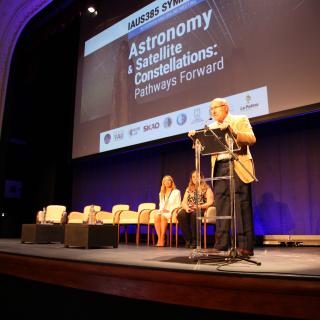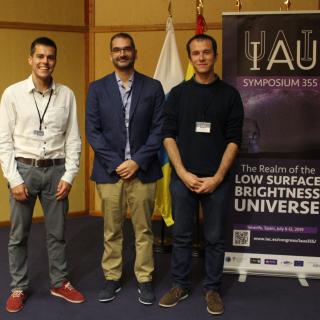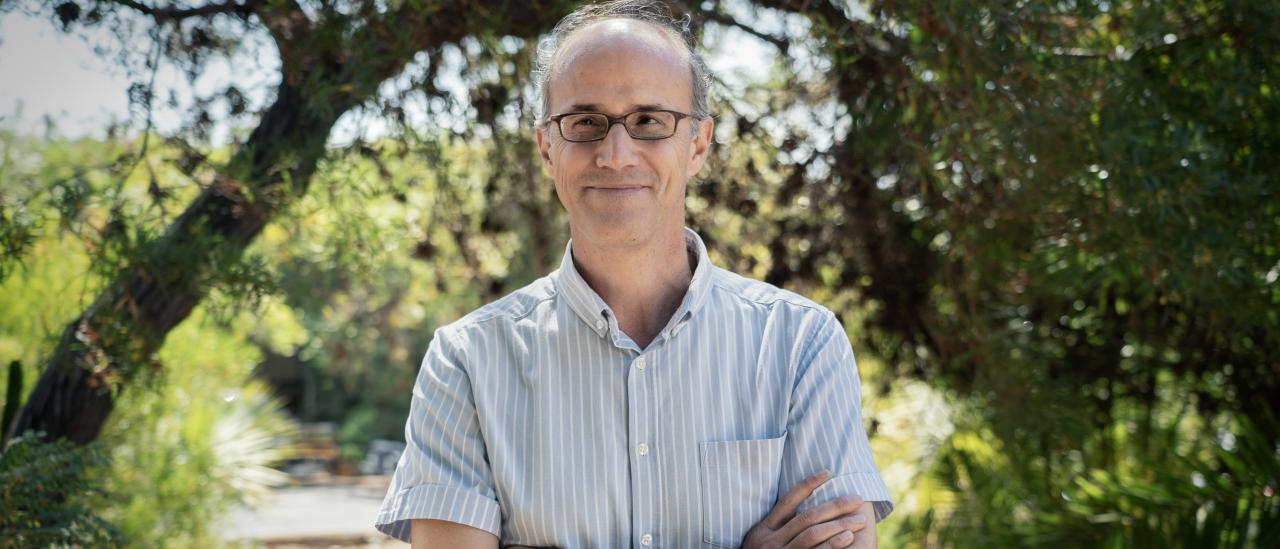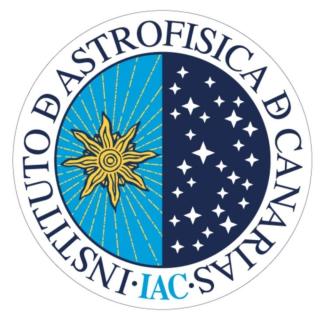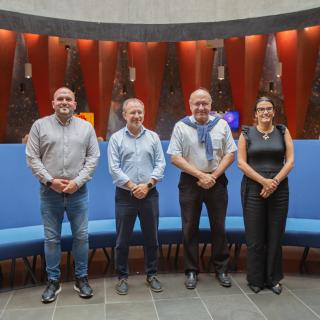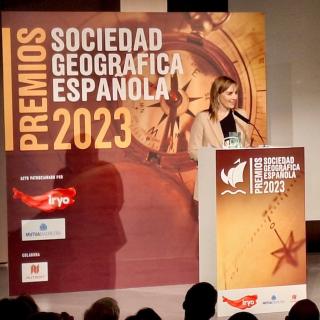Ignacio Ferreras, a researcher at the Instituto de Astrofísica de Canarias (IAC) has taken up the job as councillor of the European Astronomical Society (EAS), whose aim is the development of astronomy in Europe and which defends the interests of the astronomical community in the región. He was elected at the recent General Assembly of the EAS, celebrated in Padua last week.
Founded in 1990 the EAS is a society with individual members which collaborates with affiliated national societies, and also with european research organizations and networks. The society has a converning Council comprising a president, and a group of councillors who occupy their positions for a period of four years. At this year's Assembly, the number of Councillors was increased from seven to eight and the leadership positions were renewed. Sara Lucatello (INAF-Padova, Italy, former Vice-President) becomes President, while Nabila Aghanim (Institut d'Astrophysique Spatiale, CNRS, France, former Councillor) becomes Vice-President.
Ignacion Ferreras is a Scientific Researcher at the IAC and an honorary Professor at University College London (UCL). After a 20 year long academic carreer in various universities in the United Kingdom (Oxford, King’s College, and UCL) he joined the IAC in 2018. His research is directed towards understanding the mechanisms which control the evoluton of the galaxies, with special attention to the physical processes associated with star formation and chemical enrichment. He is a Fellow of the Royal Astronomical Society (RAS) and is currently the secretary of the J1 Commission of the Internatonal Astronomical Union (IAU) focused on the spectral distribution of energy in galaxies.
He is the author of over 200 articles in specialized journals, and of the textbook Fundamentals of the dynamics, formation, and evolution of galaxies, published by UCL Press, in open access format, with 25,000 downloads from 125 countries. Recently he has begun a new line of research, in the theoretical study of the information in the spectra of galaxies, in order to optimize the comparison of observations with cosmological models of galaxy formation, and with models of stellar population synthesis.
“It is an honour to be a member of the Council of the EAS and to help with the Society’s work in Europe, including the dissemination of results and the promotion of astronomy as a Gateway and stimulus for the young people who will be the coming generations of scientists in our continent” says Ferreras. “The IAC is one of the major centres of astrophysics research in Europe, and this contribution continues a long tradition of researchers in this institute who are committed to international organizations such as the EAS, the IAU, ESA, ESO, etc. I encourage everyone at the IAC to contribute ideas which can make the EAS an even more active society” he concludes.
